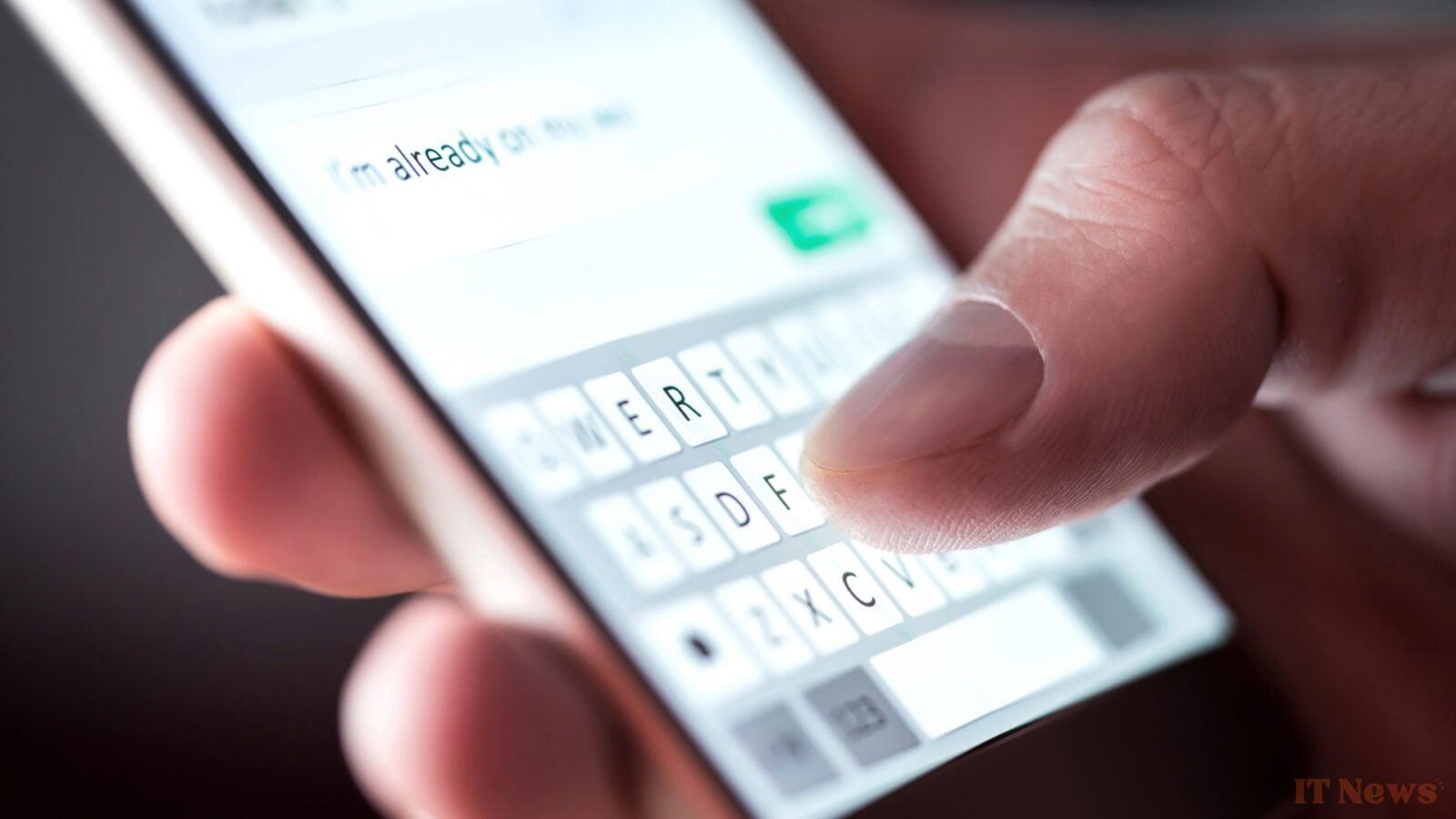The text message seems harmless, almost funny: "Oops, wrong number." A harmless message, a supposed typo, like the ones we all receive. Except that here, behind the recipient's mistake hides a well-oiled scam, designed to trap the most curious. Coming straight from the United States, this conversational scam is gaining ground in France. And it's best to understand its inner workings before falling for it.
The mechanics are simple but incredibly effective
A text message from a stranger, often accompanied by a first name or a vague message, "Dinner tomorrow still OK?", "I'm available for the apartment," or simply "Oops, wrong number!", is intended to trigger a response. By reflex or out of courtesy, some respond. And that's exactly what the fraudsters are looking for.
Because this response, even a brief one, signals that the number is active, in use... and that its owner may be ready to chat. From then on, the scammer enters the scene with an engaging, friendly, and sometimes humorous conversation. The exchange can last several days, even weeks, in a cold manipulation strategy. The goal? To establish a climate of trust.
A fake friendship with very real objectives
The heart of this scam is based on a well-known psychological phenomenon: gradual engagement. By responding, even out of simple politeness, the victim unwittingly enters into a relational dynamic. The scammer, often trained in these techniques, then subtly disseminates their intentions: they can pose as an investor, a cryptocurrency expert, or simply a good Samaritan with a "good deal" to share.
And that's when the trap closes. Little by little, the exchanges slide towards investment proposals, suspicious links, or fraudulent trading platforms. Some victims have lost thousands of euros after being directed to fake sites, convinced they had met a good contact by chance.
A scam that is exploding in France
The phenomenon, already well documented by the FBI in the United States, is now well established in Europe. In France, reports are increasing. The government website Cybermalveillance.gouv.fr warns against this new wave of so-called "social engineering" scams.
Unlike classic phishing campaigns, here it's all about finesse, patience, and a human touch. It's no longer about making you panic with a fake fine or a blocked DHL package, but about seducing you with connections, complicity, and proximity. And that's precisely what makes this method as effective as it is dangerous.
What to do if you receive this message?
The first rule is simple: never reply to a message from an unknown sender, especially if it suggests a wrong recipient. Even a harmless response like "It's not me" can be enough to feed the fraudsters' database.
If you receive a suspicious text message, forward it directly to 33700, the official SMS spam reporting service in France. Then, block the number and delete the conversation. You can also activate your email's spam filters or use security apps to filter unwanted messages.
Finally, keep in mind that no financial "good deal" falls from the sky via an unknown number. If a stranger talks to you about cryptocurrency or investing after a “mistaken number,” it’s because they didn’t just type in the wrong numbers: they hit the wrong one.



0 Comments